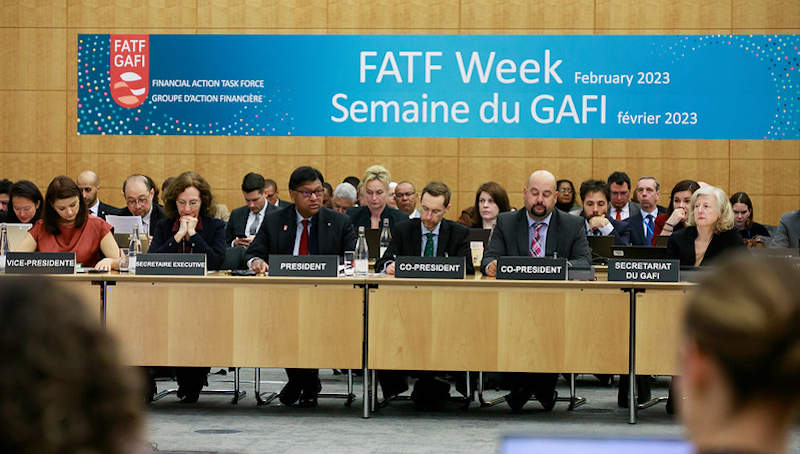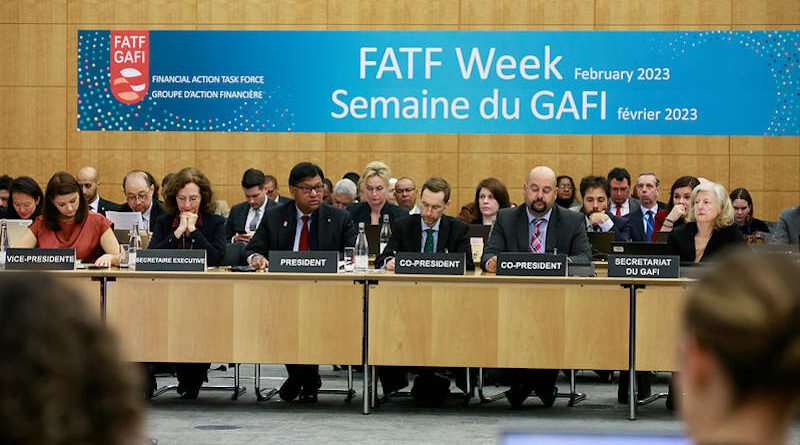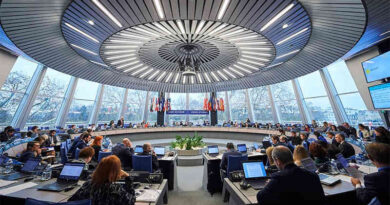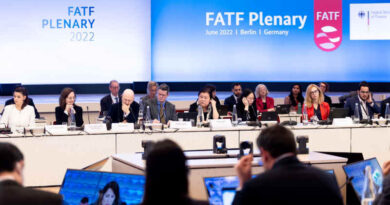FATF Ministers Plan to Combat Financial Crime and Money Laundering

FATF Ministers Plan to Combat Financial Crime and Money Laundering
Ministers reaffirmed their commitment to support jurisdictions to implement the tools needed to protect the financial system and the broader economy from the threats of illicit finance.
The Ministers of the Financial Action Task Force (FATF) reaffirmed their commitment to combat financial crime, and fully support the FATF as the global standard-setter for preventing and combating money laundering, terrorist financing and the financing of the proliferation of weapons of mass destruction (AML/CFT/CPF).
During this biennial meeting in Washington DC, members recognised the achievements of the Singapore Presidency under FATF President T. Raja Kumar.
These included major steps taken to enhance the FATF Standards on asset recovery – improving jurisdictions’ toolkits to recover the proceeds of crime, and also to reinforce the international framework for the transparency of beneficial ownership of legal arrangements, in addition to legal persons.
According to a statement of FATF issued on April 18, the FATF Ministers also recognised that the FATF has led global efforts to effectively implement standards to regulate virtual assets and virtual assets service providers for AML/CFT/CPF.
“Depriving criminals of their ill-gotten gains is crucial to fighting the scourge of money laundering and financial crime,” said FATF President T. Raja Kumar, speaking at the meeting.
The Ministers noted that despite significant progress made, there continue to be gaps in effective implementation of the FATF Standards and committed to swiftly implement measures to improve the effectiveness of outcomes in tackling ML/TF and PF.
The Ministerial Declaration also noted that further efforts were required on supervision and preventive measures, beneficial ownership transparency, investigating and prosecuting money laundering, and confiscating the proceeds of crime.
Ministers reaffirmed their commitment to support jurisdictions to implement the tools needed to protect the financial system and the broader economy from the threats of illicit finance. Ministers also pledged to fully, swiftly and effectively implement the FATF Standards and to hold any member countries accountable if they fail to do so.
Considering the serious ongoing threat of terrorism the world is facing, the FATF will continue its strategic focus on countering terrorist financing and encourage all jurisdictions to strengthen cooperation to better detect, investigate, prosecute and disrupt terrorist financiers.
The FATF statement adds that Ministers highlighted the significant threat posed by the proliferation of weapons of mass destruction (WMD) to international peace and security.
Noting the FATF’s reinforcement of the global response to this threat by adopting measures to help countries and the private sector to identify and assess risks of any breach, they encouraged all jurisdictions to implement these measures to prevent WMD proliferators from raising and moving funds.
In a highly interconnected global financial system, Ministers recognised the value of the strategic partnership with the Global Network and welcomed the positive steps taken to increase the voice of the Global Network in the governance of the FATF.
Members agreed to prioritize strengthening its strategic partnership with and to provide longer term support to the Global Network, which brings together more than 200 jurisdictions united by a common commitment to tackle illicit finance by applying a single set of standards and a universal system of mutual evaluations.
FATF Ministers committed to increasing the core funding of the FATF to enable it to efficiently fulfill its open mandate. Ministers also committed to supporting countries, including the Global Network, in their effective implementation of the FATF standards and monitoring evolutions in finance and technology.
FATF Ministers will meet next in April 2026.
Courtesy: FATF
💛 Support Independent Journalism
If you find RMN News useful, please consider supporting us.




